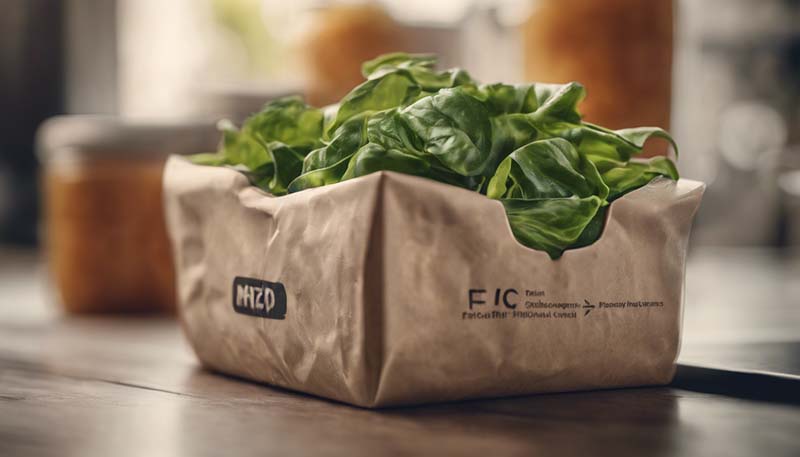The Future of Food Waste: Reducing, Recycling, and Repurposing
Introduction
Food waste is a global issue that affects the environment, economy, and society. It is estimated that one-third of the food produced globally is wasted each year, which equates to approximately 1.3 billion tons. This not only contributes to greenhouse gas emissions but also represents a significant loss of resources, including water, land, and energy. The future of food waste management lies in a multi-faceted approach that includes reducing food waste at the source, recycling food waste into valuable products, and repurposing food waste for other uses. This article explores the current state of food waste, the challenges faced, and potential solutions for a more sustainable future.
Understanding Food Waste
Food waste occurs at all stages of the food supply chain, from production and processing to distribution, retail, and consumption. It includes both avoidable and unavoidable waste. Avoidable food waste is food that is still edible but is thrown away due to factors such as overproduction, overpurchase, and portioning errors. Unavoidable food waste includes inedible parts of food, such as fruit peels and vegetable scraps.
Why Food Waste Is a Problem
The consequences of food waste are far-reaching. It contributes to:
- Environmental Impact: Food waste in landfills produces methane, a potent greenhouse gas that contributes to climate change.
- Economic Loss: Food waste represents a significant financial loss for producers, retailers, and consumers.
- Resource Depletion: Producing food consumes valuable resources, such as water, land, and energy, which are wasted when food is not consumed.
- Food Insecurity: While food waste occurs, millions of people worldwide suffer from hunger and malnutrition.
The Role of Technology
Technology plays a crucial role in addressing food waste. Innovations such as smart packaging, food waste tracking apps, and AI-driven inventory management systems can help reduce food waste at various stages of the supply chain.
Reducing Food Waste
Reducing food waste can be achieved through various strategies:
- Consumer Education: Educating consumers on food storage, meal planning, and the importance of reducing food waste can lead to behavioral changes.
- Portion Control: Restaurants and catering services can reduce food waste by offering smaller portions and take-home containers for leftovers.
- Retail Incentives: Retailers can offer discounts on items close to their expiration date to encourage consumers to purchase and consume them before they spoil.
Recycling Food Waste
Recycling food waste into valuable products is another strategy to manage food waste. This can include:
- Composting: Organic food waste can be composted and used as a natural fertilizer for agriculture and gardening.
- Biogas Production: Food waste can be converted into biogas, a renewable energy source that can be used for heating, cooking, and electricity generation.
- Animal Feed: Edible food waste can be processed into animal feed, reducing the need for traditional feed sources.
Repurposing Food Waste
Food waste can also be repurposed for alternative uses, such as:
- Upcycling: Food waste can be transformed into new products, such as bioplastics, fertilizers, and cleaning products.
- Food Banks and Charities: Donating edible food waste to food banks and charities can help address food insecurity and reduce waste.
- Innovative Cuisine: Chefs and home cooks can get creative with food waste, turning it into delicious and nutritious meals.
References
For further reading and to explore the topics discussed in this article, please refer to the following resources:
- FAO. (2019). Food Loss and Food Waste. http://www.fao.org/food-loss-and-food-waste/en/
- WRAP. (2020). The Global Food Waste Challenge. https://www.wrap.org.uk/content/global-food-waste-challenge
- UNEP. (2017). Food Waste Index Report. https://www.unenvironment.org/resources/report/food-waste-index-report






























Leave a comment